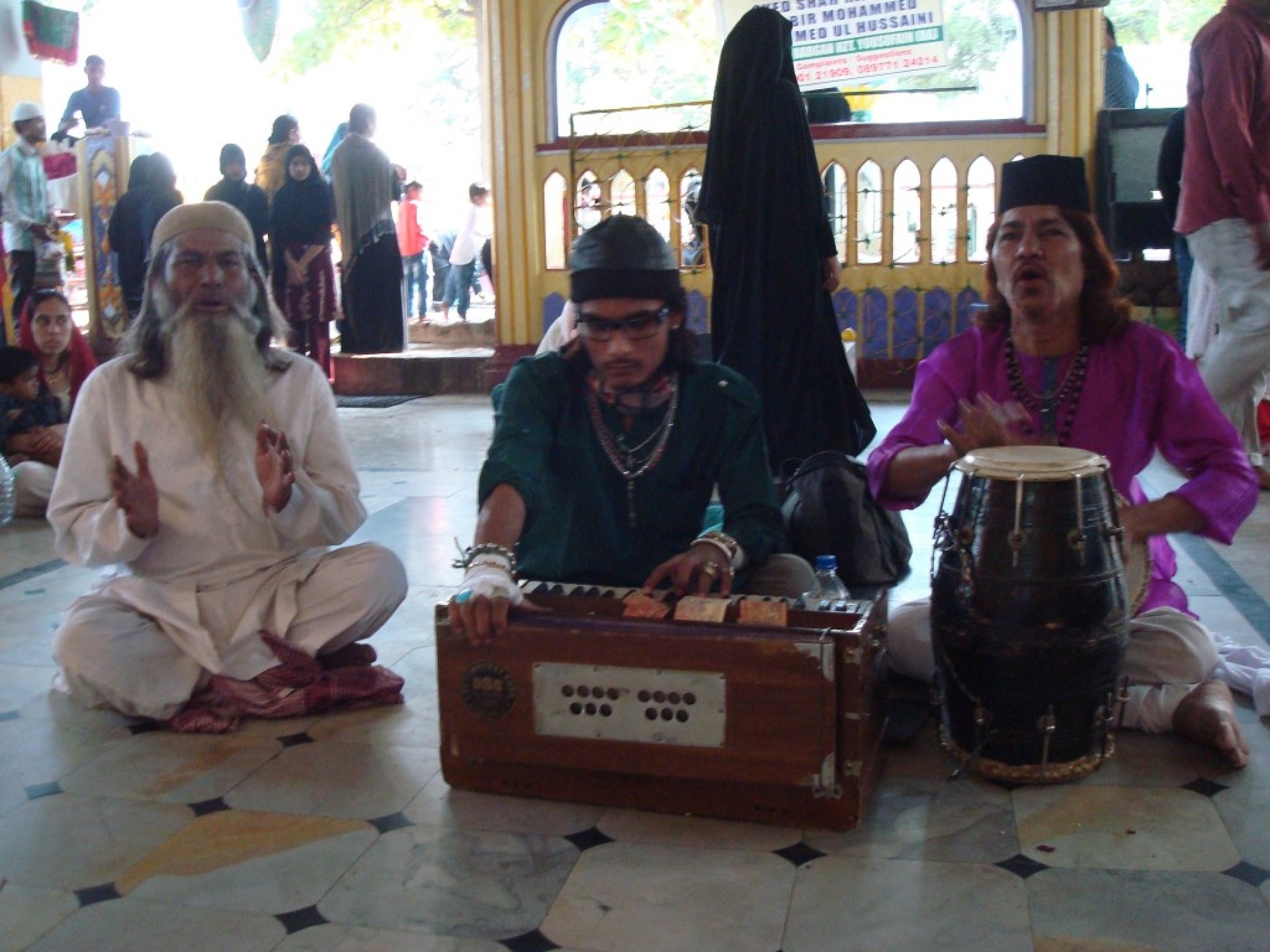10.03.2025
30.12.2024
24.09.2024
29.08.2024
26.05.2024
14.05.2023
29.01.2023
07.11.2022
03.10.2022
28.06.2022
> show older messages
30.12.2024
24.09.2024
29.08.2024
26.05.2024
14.05.2023
29.01.2023
07.11.2022
03.10.2022
28.06.2022
> show older messages
10.03.2025
30.12.2024
24.09.2024
29.08.2024
26.05.2024
14.05.2023
29.01.2023
07.11.2022
03.10.2022
28.06.2022
07.05.2022
25.03.2022
14.02.2022
04.11.2021
14.11.2020
12.11.2019
30.08.2019
26.05.2019
17.05.2019
20.10.2018
13.05.2018
12.09.2017
10.12.2016
04.06.2016
14.02.2016
31.08.2015
08.06.2015
06.04.2015
07.02.2015
05.01.2015
12.11.2014
22.09.2014
10.06.2014
14.05.2014
07.04.2014
16.02..2014
24.10.2013
02.08.2013
12.07.2013
10.06.2013
11.02.2013
31.07.2012
09.06.2012
20.04.2012
06.02.2012
12.11.2011
13.10.2011
03.06.2011
29.04.2011
20.03.2011
10.11.2010
writing lecture 2010
28.09.2010
17.06.2010
20.05.2010
20.04.2010
24.01.2010
15.11.2009
20.10.2009
03.09.2009
14.07.2009
12.05.2009
30.04.2009
23.03.2009
07.03.2009
25.02.2009
11.12.2008
23.11.2008
07.10.2008
14.09.2008
06.09.2008
04.11.2021
04.11.2021
> hide older messages
30.12.2024
24.09.2024
29.08.2024
26.05.2024
14.05.2023
29.01.2023
07.11.2022
03.10.2022
28.06.2022
07.05.2022
25.03.2022
14.02.2022
04.11.2021
14.11.2020
12.11.2019
30.08.2019
26.05.2019
17.05.2019
20.10.2018
13.05.2018
12.09.2017
10.12.2016
04.06.2016
14.02.2016
31.08.2015
08.06.2015
06.04.2015
07.02.2015
05.01.2015
12.11.2014
22.09.2014
10.06.2014
14.05.2014
07.04.2014
16.02..2014
24.10.2013
02.08.2013
12.07.2013
10.06.2013
11.02.2013
31.07.2012
09.06.2012
20.04.2012
06.02.2012
12.11.2011
13.10.2011
03.06.2011
29.04.2011
20.03.2011
10.11.2010
writing lecture 2010
28.09.2010
17.06.2010
20.05.2010
20.04.2010
24.01.2010
15.11.2009
20.10.2009
03.09.2009
14.07.2009
12.05.2009
30.04.2009
23.03.2009
07.03.2009
25.02.2009
11.12.2008
23.11.2008
07.10.2008
14.09.2008
06.09.2008
04.11.2021
04.11.2021
> hide older messages

14.02.2016
Qawalli in Yousuf Baba Dargah Hyderabad India
- I was in India for 3 months.
In Bangalore I gave a workshop as part of the Interim program of Srishti school of art and design. The title of my workshop was Voice: time/space.
After the Srishti workshop I travelled for one month to other places in India in order to experience various forms of music and sound in which the voice plays an important role.
Read more below:
- Boijmans Museum in Rotterdam will include two drawings of the three-part series ‘Names: sections of the head’ 1996 in the museum’s collection. One part, Axial Sections, was already there since 1997.
- Rotterdam performance artist Ieke Trinks asked me to verbally describe one of my solo performances for her archiving project ‘Performance Monologues”.
- Due to renovations and the changing function of the former VROM-building (Ministry of Housing, Planning and environment) in Den Haag, a series of 8 drawings in the collection of Rijksgebouwendienst was returned to me.
The drawings belong to my earliest works that are built up of statistic data of processes of energy - in this case the weather - as related to the concept of the now dismantled sound installation Clouds 7 in the c-block elevators.
A year ago 6 early drawings returned from Equilibrist Gallery in St. Niklaas (B) where they had been stocked in an unknown place for 25 years.
I was in India for 3 months.
In Bangalore I gave a workshop as part of the Interim program of Srishti school of art and design. The title of my workshop was Voice: time/space.
I worked with a group of 9 female students.
Besides improvisational voice exercises and trainings related to time and space, I organized some performances of my own works for multi-voices, as a way of making the participants experience time and space in both mental and physical way: from time to time in the buildings or on the campuses of Shristi voices could be heard, pure or amplified by paper horns.
As a conclusion of the workshop the group performed Language a piece based on the seven individual Indian languages which were spoken by members of the group.
The workshop was also an interesting experience for myself due to the fact that I again had to formulate why, as a performance artist, I feel strongly connected to the realm of rituality and had to find ways of practically working around this concept with a group of young students.
My wish to be in India was based on my growing awareness of the relation between forms and procedures in the organization of sounds in non-western ritual music, and forms and procedures in my own works.
It was for the same reason that I stayed in Istanbul in april/may of this year.
After the Srishti workshop I travelled for one month to other places in India in order to experience various forms of music and sound in which the voice plays an important role.
This brought me to concert halls where I attended concerts of classical Indian music, both Carnatic and Hindustani (Bangalore, Calcutta) to Dargahs where qawalli is performed (an exiting Sufi mixture of Arab and Hindustani musical elements) in Hyderabad, Ajmer and Delhi, to temples of Hindu’s, Jains and Sikhs (Bikaner, Varanasi) to the folk music of the Rajasthani desert (Bab)……
These experiences with live performed music as well as my work with the group of students has intensified my interest in the relation of (performance) art and ritual.
It arose many thoughts and questions about the relation between art and audience (basically there is no audience in ritual and devotional music), art and aesthetics (the roughness of Hindu ceremonies) art and success, emotion and devotion, ceremony and entertainment, structure and improvisation (maqam in Turkey, raga in India), the western orchestra with a conductor and the Indian classical music where musicians often haven’t met each other before entering the stage.